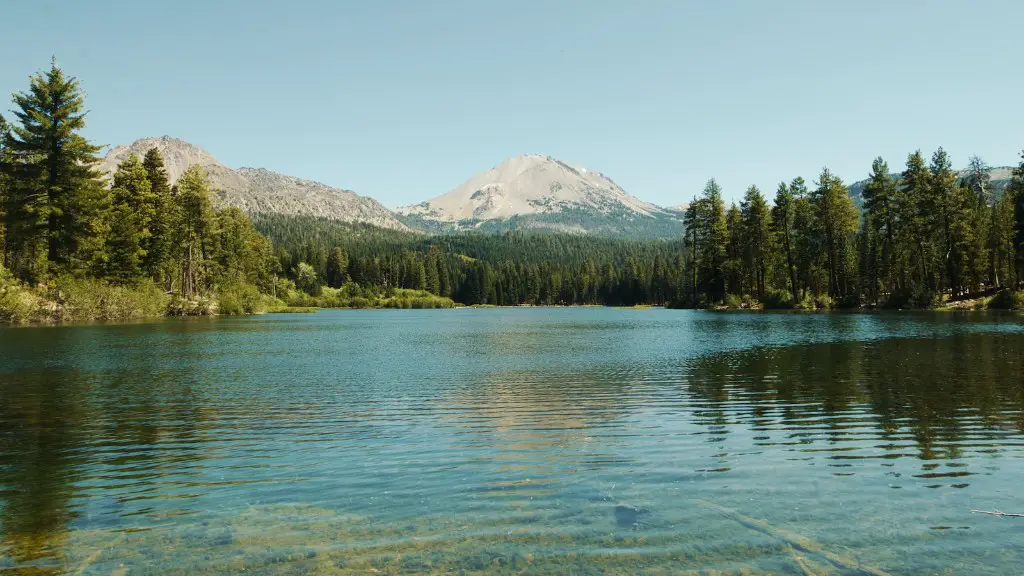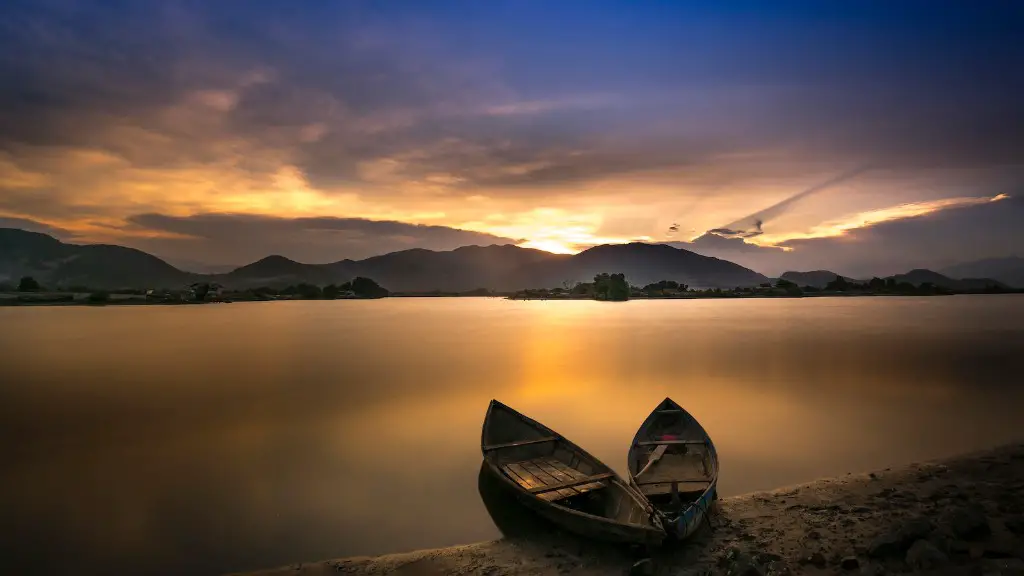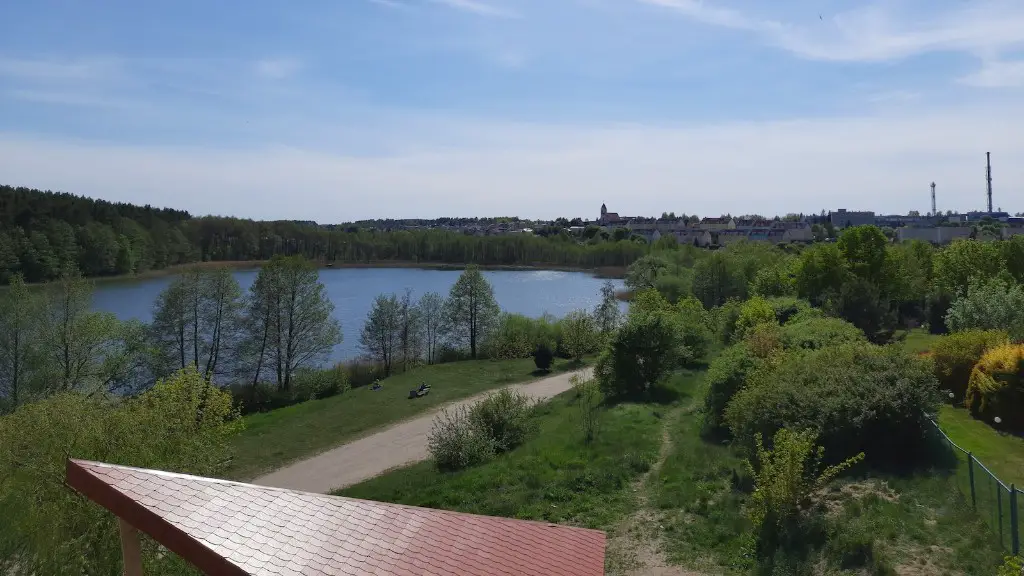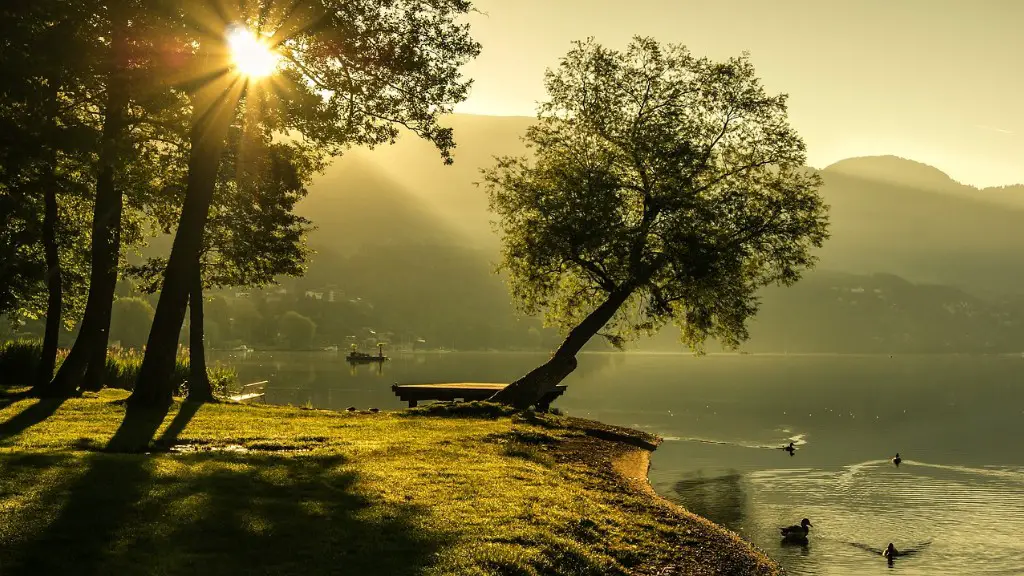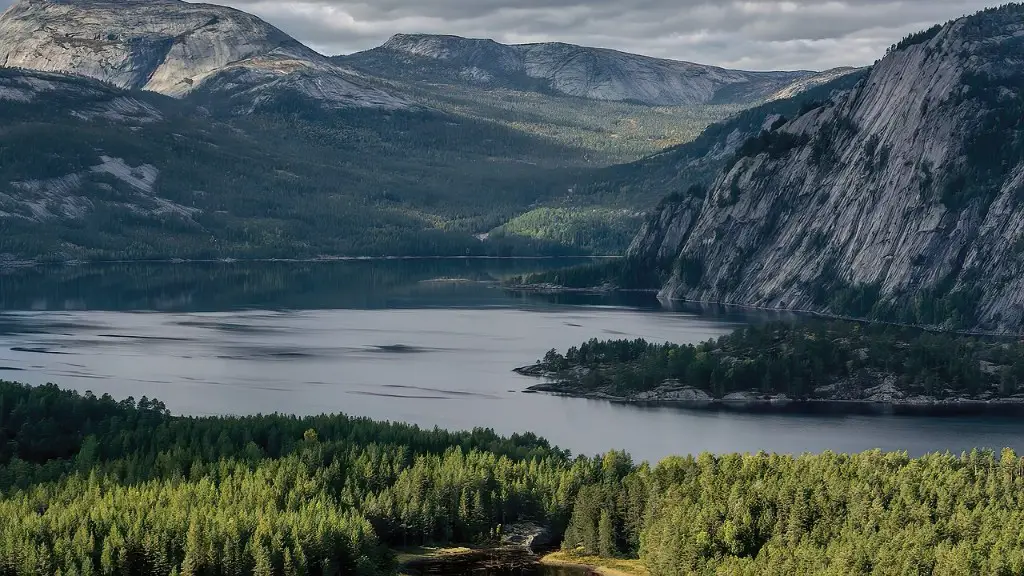Is Lake Malawi Clean?
Lake Malawi is one of the largest bodies of fresh water in Africa and the ninth largest in the world. Its unique status is the reason it was designated by UNESCO as one of the largest World Heritage Sites in the country. But beneath its crystal waters lies a complex answer to the question: Is Lake Malawi clean?
What is the Water Quality of Lake Malawi?
The water quality of Lake Malawi has been monitored by the Malawi Department of Irrigation and Water Development since 1988, and the water is currently classified as “good” in relation to the World Health Organisation standards. The lake’s water is known for its vivid shades of blue, ranging from deep ultramarine to pale teal, thanks to its relatively high calcium carbonate concentration. However, there are also several factors that affect the cleanliness and safety of the lake’s water.
The local communities who rely on the lake for their livelihoods and water supplies are often leading political and environmental challenges as well as a rapidly increasing human population, which is causing degradation of the lake and its surrounding ecosystems. Pollution is a major issue, as many households lack proper sanitation and waste management, leading to the contamination of water sources with sewage and other pollutants.
What is Being Done to Maintain the Cleanliness of Lake Malawi?
In order to address the threats, Malawi has been implementing comprehensive efforts to restore, improve and maintain the water quality of Lake Malawi. This includes the establishment of a national policy to promote the sustainable and equitable management of water resources, as well as the adoption of integrated water resources management plans and legislation.
In addition, several projects have been launched in recent years to reduce the amount of pollution in the lake. These include the installation of water treatment plants, the introduction of artificial wetlands to filter and remove pollutants before they reach the lake, and the installation of low-cost water filters in local homes to reduce the impact of sewage and other waste materials.
The government of Malawi is also working with international organisations such as the United Nations Development Programme and the World Wildlife Fund to develop environmental education programs for local communities and to promote ecosystem-based management of the lake. As part of this, the UNDP has provided support for research programmes, including on-the-ground water quality monitoring, to assess the water quality of Lake Malawi.
How Can You Help Maintain the Cleanliness of Lake Malawi?
There are a number of steps that individuals can take to help reduce pollution and improve the water quality of Lake Malawi. One of the most important is to reduce your impact on the lake’s environment by reducing your consumption of water, reducing your waste, and reducing your use of chemicals. Individuals can also get involved in local projects and initiatives focused on preserving the lake’s ecosystems, as well as supporting the government’s efforts to clean and protect the lake.
In addition to this, individuals can make a positive difference by volunteering with local organisations dedicated to restoring and preserving Lake Malawi’s environment. These organisations include the Lake Malawi National Park, WWF Malawi, and the Malawi Environment and Wildlife Society, as well as many other local NGOs.
Finally, individuals can also help by supporting local businesses that contribute to conservation efforts in Lake Malawi, such as using sustainable methods of fishing and using environmentally friendly products. By doing so, individuals can help to ensure that Lake Malawi remains clean and safe for generations to come.
Conclusion
Despite the many challenges facing Lake Malawi, it is still possible for the lake to remain clean and safe for everyone to enjoy. There are a number of steps that individuals can take to help reduce pollution and improve the water quality of Lake Malawi, such as reducing their consumption of water, reducing their waste, and supporting local businesses that contribute to conservation efforts. It is through such efforts that we can help maintain the water quality of Lake Malawi and keep it beautiful for many more years to come.
What are the Challenges of Pollution?
Pollution is one of the most significant threats to the water quality of Lake Malawi. Poor waste management, unsustainable fishing practices, agricultural activities, industrial pollution and the lack of safe drinking water in local communities are all contributing to the degradation of the lake’s ecosystem.
In some areas close to the lake, it is now unsafe to consume the contaminated water due to faecal contamination and heightened levels of nitrogen, phosphorus and other pollutants. Such contaminants are now also thought to be causing an increase in the number of fish species becoming extinct.
Additionally, algal blooms due to eutrophication could have serious consequences if left unchecked. Eutrophication occurs when nitrogen, phosphorus, and other nutrients are present in high concentrations, leading to overgrowth of algae, which decreases the amount of oxygen in the water, resulting in fish suffocating and the death of other aquatic organisms.
How Does Climate Change Affect Lake Malawi?
Climate change is also having a major impact on Lake Malawi and its surrounding ecosystems, with severe droughts occurring more frequently in the region. This has led to a decrease in the lake’s volume, thus exposing more of its shallow areas to the sun’s rays. This, in turn, has led to a further decrease in oxygen levels as the warm, shallow waters are unlikely to hold as much oxygen as cooler and deeper ones.
Additionally, climate change has been linked to an increase in the number and intensity of storms, resulting in an increase in runoff and sedimentation, leading to the deterioration of water quality in areas farther away from the lake. Climate change also brings an increase in temperatures, which can lead to a decrease in biodiversity due to species unable to adapt to rising temperatures.
What are the Economic Implications of Lake Malawi’s Cleanliness?
The economic implications of Lake Malawi’s cleanliness cannot be underestimated. The lake is an important source of income for many in Malawi, providing crucial livelihoods for those who depend on fishing, tourism, and other lake-based activities for income.
The lake’s cleanliness also has wider implications, as it is a lifeline for Malawi’s neighbouring countries, providing an essential source of freshwater. Furthermore, a well-preserved Lake Malawi offers an additional draw for tourists, making it a valuable asset for countries such as Tanzania and Zambia.
Finally, the cleanliness of Lake Malawi is closely related to its surrounding ecosystems, which are essential for providing the resources and habitat necessary for biodiversity to flourish. When this fragile balance is disrupted, it can have profound economic and ecological consequences.
What Can Be Done to Improve Lake Malawi’s Cleanliness?
Improving the cleanliness of Lake Malawi is a shared responsibility between governments, international organisations, local communities, and individuals. On a governmental level, it is essential that local authorities continue to invest in improving sanitation and waste management systems, as well as developing and strengthening regulations to protect the lake’s fragile ecosystems.
International organisations such as the United Nations Development Programme are working to protect the lake by providing support for research programmes and environmental education.
Finally, individuals can play a huge role in improving the cleanliness of Lake Malawi. By reducing water consumption, reducing waste, and supporting local businesses that contribute to conservation efforts, everybody can play their part in keeping the lake clean and safe for generations to come.
